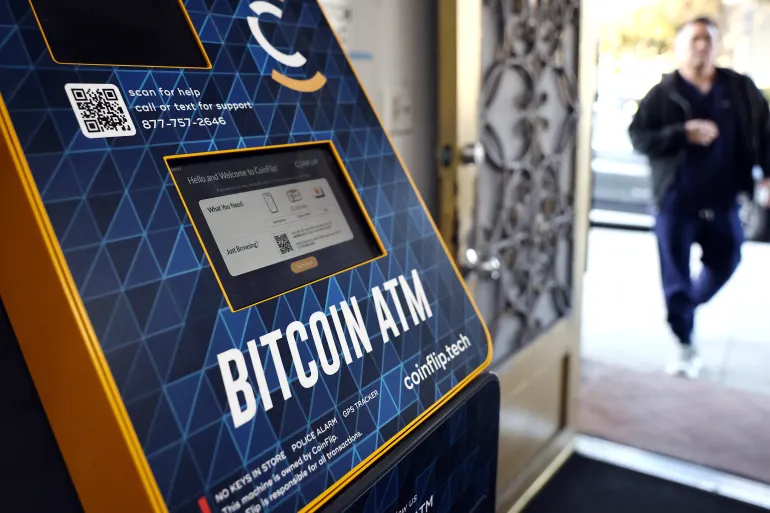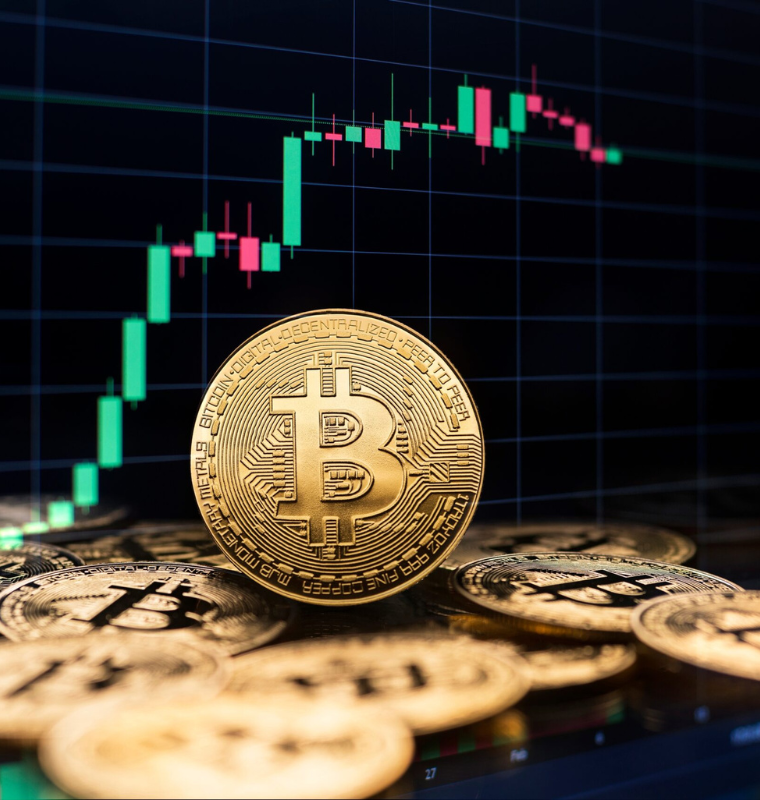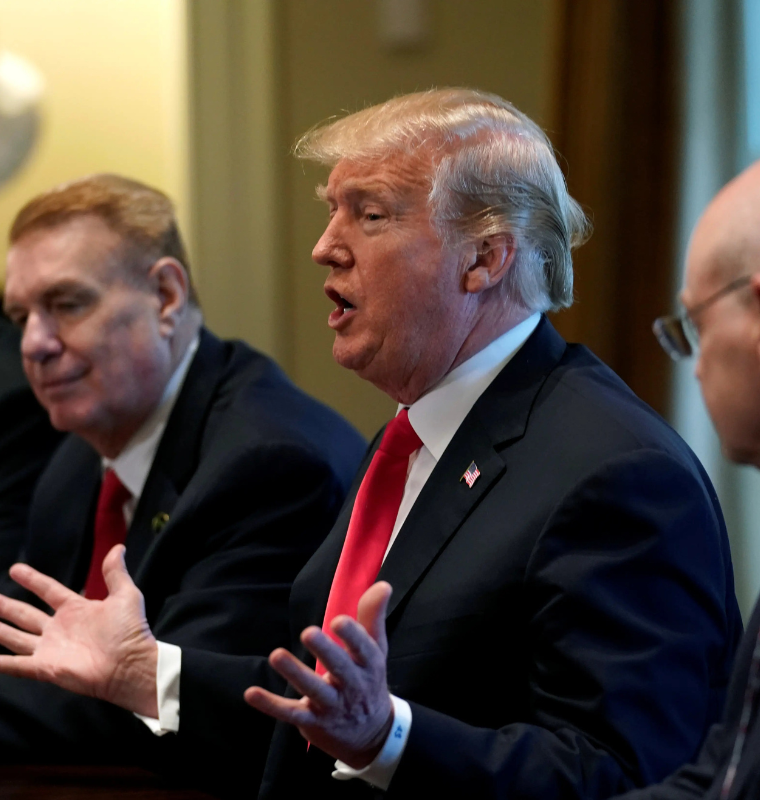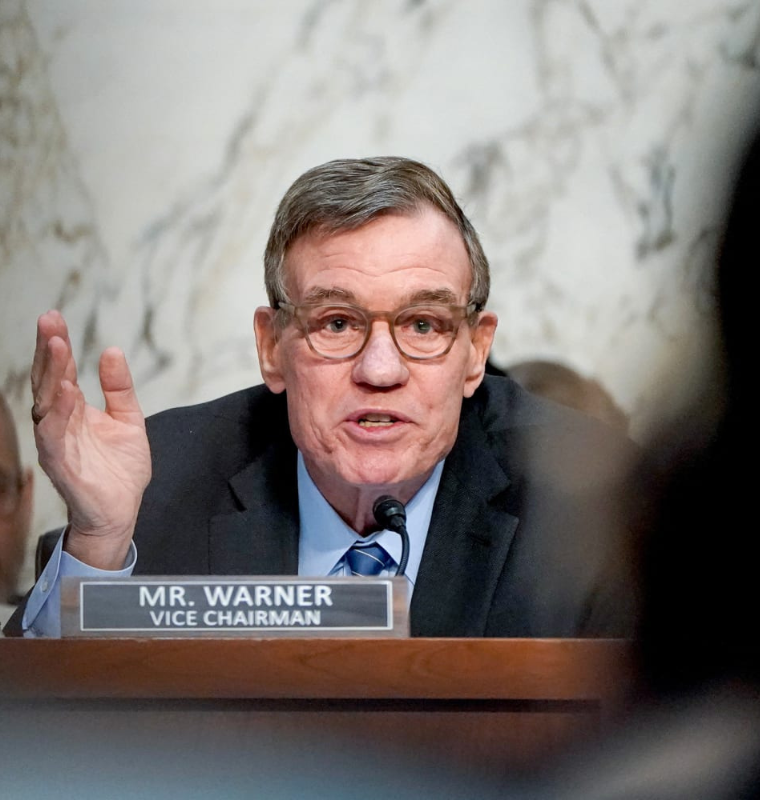Tesla Cashed Out 75% of Its Bitcoin Too Soon—Missing Out on Over $3 Billion in Gains
Tesla Cashed Out 75% of Its Bitcoin Too Soon—Missing Out on Over $3 Billion in Gains
By
Rachel Steinberg
Last updated:
July 25, 2025
First Published:
August 6, 2025

Photo: Al Jazeera
Tesla's Mistimed Bitcoin Sell-Off Could Cost It Billions
Tesla, once a high-profile advocate for cryptocurrency, is facing renewed scrutiny over its decision to liquidate the majority of its bitcoin holdings at one of the worst possible times. The electric vehicle maker revealed in its latest earnings report that the current value of its digital asset portfolio stands at $1.24 billion, up from $722 million a year ago, largely due to bitcoin’s explosive rebound.
But had the company held onto all of the bitcoin it purchased in early 2021 — an investment totaling $1.5 billion — its crypto stash would now be worth closer to $5 billion, based on current bitcoin prices, which have surged over 500% since mid-2022.
Tesla’s Bitcoin Timeline: Buy High, Sell Low
Tesla made headlines in February 2021 when it disclosed a $1.5 billion bitcoin purchase, citing the asset’s long-term potential and its desire to diversify the company’s treasury holdings. Bitcoin surged more than 20% the day CEO Elon Musk updated his Twitter bio to include #bitcoin.
However, that bullish momentum didn’t last. Amid rising inflation, aggressive rate hikes by the Federal Reserve, and a broader risk-off environment, bitcoin entered a brutal bear market in 2022 — falling nearly 60% by mid-year. It was at this low point that Tesla disclosed it had sold 75% of its bitcoin, converting roughly $936 million back into cash. That move, while conservative at the time, now looks extremely costly.
Bitcoin's Comeback and Tesla’s Missed Windfall
Today, bitcoin is trading above $119,000, a monumental rebound fueled in part by pro-crypto rhetoric from the Trump administration and its promise to establish a strategic bitcoin reserve. The coin has also benefited from increased institutional adoption, growing ETF inflows, and a maturing regulatory landscape.
Tesla’s decision to offload three-quarters of its holdings in Q2 2022, when bitcoin was trading around $20,000, means the company missed out on a windfall. If Tesla had held onto that $936 million worth of bitcoin, it would be valued at over $3.5 billion today — roughly 3.7x the value of the company's current crypto holdings.
Earnings Struggles Make the Loss More Painful
While Tesla’s current digital asset gains added $284 million to its $1.17 billion in Q2 net income, the company could certainly use the larger cash cushion. Tesla missed Wall Street expectations on both revenue and earnings in its second-quarter results and reported a second consecutive decline in auto revenue.
The stock dropped 8% on Thursday following the report, and it's now down roughly 25% year-to-date, making it the worst performer among the tech mega-caps.
Meanwhile, CEO Elon Musk continues to focus Tesla’s narrative around robotaxis and Optimus humanoid robots — ambitious bets that require massive capital investment and carry significant execution risk.
Adding to Tesla’s challenges, potential political headwinds loom. Expiring federal EV tax credits and potential tariffs under President Trump’s trade policies could create obstacles in Tesla’s core business over the next year.
A Public Silence from Musk on Bitcoin
Despite being one of the most vocal corporate supporters of crypto in 2021, Musk has gone largely silent on the subject. His social network X (formerly Twitter), which he acquired for $44 billion in 2022, no longer features regular crypto commentary from the billionaire. In one of his last notable crypto tweets from March 2022, Musk wrote: “I still own & won’t sell my Bitcoin, Ethereum or Doge fwiw.”
Since then, he’s offered little insight into why Tesla chose to sell at a low or whether the company might re-enter the crypto market in the future. Tesla has also declined to comment publicly on the decision or any potential plans to reinvest in digital assets.
Final Thoughts: The Price of Playing It Safe
Tesla’s decision to de-risk its balance sheet by cashing out of bitcoin amid a downturn might have looked prudent at the time — especially during a period of sharp declines in both equity and crypto markets. But with bitcoin now surging to new heights and generating headlines of its own, the move increasingly appears to have cost the company billions in potential upside.
As Tesla navigates a tough macro environment, evolving regulatory pressures, and capital-intensive product bets, its early retreat from bitcoin may go down as one of its most expensive miscalculations.
Popular articles
Subscribe to unlock premium content
Disney’s Timeless Magic and How the Entertainment Giant Continues to Shape Culture and Innovation

Imran Khan’s Economic Missteps Amid Political Chaos in Pakistan

The Philippines’ Digital Shift How Remittances and BPO Are Fueling Growth

Disney’s Timeless Magic and How the Entertainment Giant Continues to Shape Culture and Innovation

Imran Khan’s Economic Missteps Amid Political Chaos in Pakistan

Disney’s Timeless Magic and How the Entertainment Giant Continues to Shape Culture and Innovation









